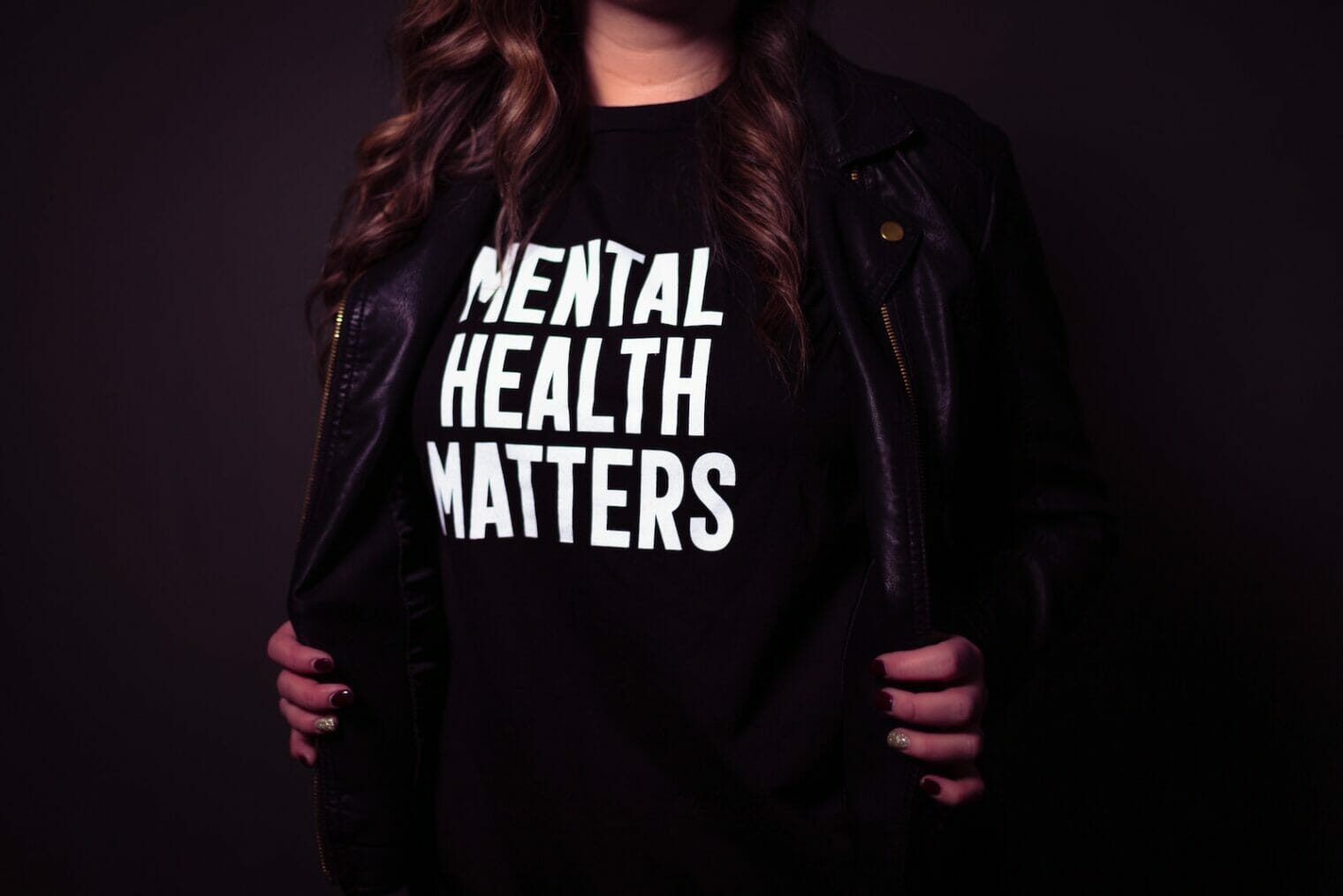The first time I heard the word “depression” was in my late teens, however, I had experienced it for most of my life. I grew up in an environment where nobody really talked about mental health except when trying to describe schizophrenia (they say that the person is mental).
Studies have shown that people of colour are generally less likely to report experiencing any mental illness or substance use disorders compared to their white peers. This is due to the stigma that is associated with the subject. For many, particularly in the Black and Asian communities, mental health issues are usually associated with weakness, and most of them do not want to appear weak to their peers, so they would rather not talk about their mental issues.
This, however, has resulted in an increasing trend of suicide rates among these communities. An independent study conducted by KFF showed that between 2010 and 2020, Black and American Indian or Alaska Native (AIAN) people experienced the largest increases in rates of death by suicide. The study also showed that drug overdose death rates among people of colour were also higher.
These trends have obviously had an impact on how the topic of mental health is viewed among minority groups and people of colour. However, it is almost impossible to dismiss the wider challenges faced by these individuals with regards to their mental health. For example, out of about 21% of black people that reported a mental illness, only 39% received mental health services compared to 52% of whites. This lack of access to mental healthcare services has only resulted into more people withdrawing from disclosing their mental health issues, further impacting the rates of suicides and deaths caused by substance abuse.
Barriers to Mental Health Care
Despite the obvious need for mental healthcare among minority groups and people of colour, studies have shown that only one in three adults with mental illness receive treatment. The American Psychiatric Association also reported that they are less likely to receive consistent care, be included in research, and are more likely to use primary care services rather than mental health specialists.
Socioeconomic factors can also pose barriers to accessing treatment options, resulting in limited availability. A study from 2020 reveals that 10.4% of Black adults in the United States lacked health insurance coverage. Communities of colour, including the Black community, often encounter socioeconomic disparities, leading to inequitable access to vital resources in areas such as healthcare, education, social services, and the economy. These disparities have been identified as potential contributors to adverse mental health outcomes.
Lack of mental health education and awareness, coupled with societal shame and stigma, act as significant barriers to accessing proper care. Individuals with mental illnesses frequently face derogatory name-calling, ridicule, and chastisement within their communities. Such stigmatization devalues and marginalizes people with mental health conditions, often impeding their ability to seek and receive necessary treatment.
Enabling Access to Mental Healthcare
Enabling access to mental healthcare is crucial to improve the well-being and quality of life for individuals facing mental health challenges. Recognizing the significance of mental health, efforts must be made to ensure equitable access to a range of mental healthcare services. This involves addressing various barriers, including financial constraints, limited availability of mental health providers, social stigma, and inadequate awareness about mental health conditions.
By implementing policies that prioritize mental healthcare, promoting mental health education, and fostering supportive and inclusive communities, we can create an environment that facilitates access to timely and effective mental healthcare for all individuals. Such initiatives not only promote individual resilience and recovery but also contribute to the overall well-being and productivity of society as a whole.
At curaJOY, one of our main objectives is ACCESS. We believe that everyone should have access to quality mental healthcare services regardless of their race, gender, ethnicity or socio-economic status.





Leave a Reply